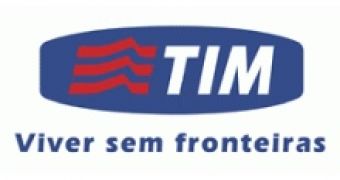Ericsson and TIM Brasil announced they have reached an agreement according to which the Swedish company will provide a new WCDMA / HSPA network for the South American mobile operator, in order to allow the deploying of high-speed broadband across eight Brazilian states.
The states that will benefit from the agreement are: S?o Paulo, Distrito Federal, Acre, Rond?nia, Goi?s, Tocantins, Mato Grosso and Mato Grosso do Sul. Ericsson will be the exclusive provider of a 2G / 3G common core network, as well as the first provider of a radio access network in the regions mentioned above. The Swedish company will also be responsible of network and technology consulting, system integration and network design.
TIM's Brazilian network is currently a 2G one. With the upgrade to 3G, the operator will be able to enlarge its service offering, providing subscribers advanced services like high-speed mobile Web access, fast data transfer speeds, mobile music services and mobile TV. All these will make end users to be more satisfied by the fact they're TIM's customers.
Mario Cesar Pereira de Araujo, TIM Brasil's President, said about the new agreement: "This deal reflects our strong partnership with Ericsson and will allow us to offer our customers an enhanced communications experience while paving the way for the introduction of advanced mobile broadband services."
Louren?o Coelho, Ericsson Brazil's Vice President, completed: "We are proud to continue our long-running relationship with TIM Brasil. This contract highlights Ericsson's ability to provide cutting-edge solutions to one of the most competitive markets for telecommunications in the world."
Subsidiary of Telecom Italia, TIM Brasil is the second largest Brazilian mobile carrier, currently serving more than 31 million consumers. The carrier is in direct competition with Vivo (34 million subscribers) and Claro (30 million subscribers), but also with "smaller" operators like Oi (about 15 million customers) and Brasil Telecom (about 4 million mobile customers).

 14 DAY TRIAL //
14 DAY TRIAL //